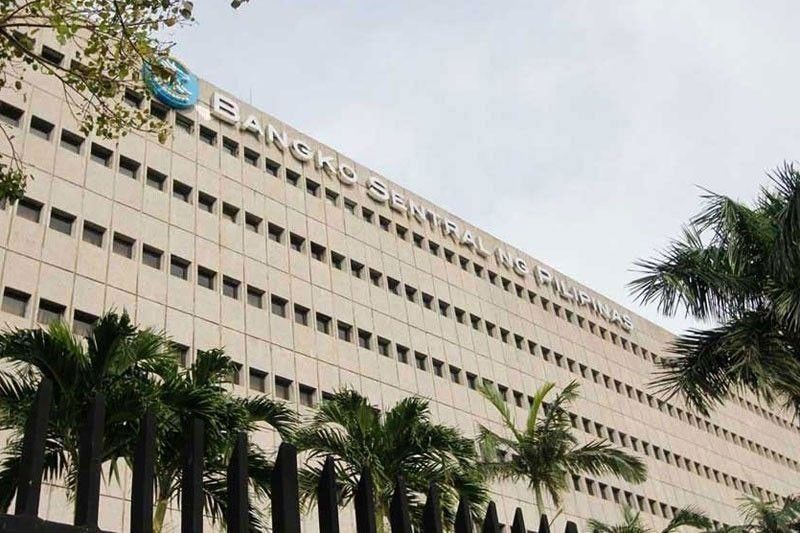Banks to come out of pandemic with capital nearly intact

MANILA, Philippines — Banks are seen to weather the coronavirus pandemic with capital buffers nearly holding steady against a projected rise in bad loans, a scenario doubted by senators hearing a rescue bill meant to keep lenders afloat during the health crisis.
Local lenders would likely end the year with capital adequacy ratio of 14.8% on a consolidated basis, only slightly down from 15% as of first quarter, said Lyn Javier, managing director at Bangko Sentral ng Pilipinas (BSP) on Wednesday.
CAR— a measure of financial strength— will be barely changed even if soured loans left unpaid 30 days past due date are seen to nearly double to 4.6% of total loans, and resources used to cover them shrinking to “above 50%” from 109.8% as of June.
“Currently, the banking industry has adequate buffers to internalize the losses that they have assessed so far on the impact of the COVID-19 pandemic,” Javier told the Senate committee on banks, financial institutions and currencies.
At 14.8%, banks’ capitalization would remain well above the 10% minimum global requirement, convincing regulators that lenders would be able to fulfill their intended task to lend out and support economic recovery from the pandemic.
That said, BSP is not taking any chances and has endorsed the passage of the Senate bills 1594 and 1596 or the Financial Institutions Strategic Transfer (FIST), which establishes special purpose vehicles for distressed loans and assets likely to tamper with the banks’ healthy balance sheet if not unloaded, which in turn, may hold them back from lending.
“BSP is advocating for the early passage of this law just to provide a ready facility for the banking industry,” Javier said.
Senators hearing the FIST bills were convinced of the measure’s necessity but questioned whether BSP’s estimates of the pandemic’s impact are too conservative. “Your projection may be understated,” Senator Cynthia Villar said.
As it is, central bank estimates were based on two factors. One, a survey of the banking industry and two, the effects on banking of the Asian financial and global financial crises in 1997 and 2008, respectively. BSP data showed that the 1997 meltdown alone left lenders swamped with bad loans equivalent to 20.2% of their portfolio, before building on their strengths to lower the ratio to 2.2% after 2008.
The non-performing loan ratio had since gone up to 2.53% as of June, the highest in nearly 6 years, BSP data showed.
With the pandemic likely to last longer, Senate Minority Leader Franklin Drilon questioned whether non-performing loans could end up bigger than the 4.6% forecast, to which Javier replied in the affirmative. “In effect you said, so long as we achieve the level that we have achieved last time, then we’ll be okay. I’m not comfortable with that statement,” Drilon said.
Premature?
Senate President Pro Tempore Ralph Recto, meanwhile, asked if it “might be too premature” to enact FIST, especially after BSP admitted that a solid assessment of the outbreak’s effect on banks is yet to be crafted.
But for Benjamin Castillo, managing director at Bankers Association of the Philippines, an industry group, passing FIST now will “prepare the banking system on the expected increase in non-performing assets.”
Under FIST, banks would be encouraged to sell their bad loans and assets to separate companies or SPVs to keep their balance sheets healthy. To incentivize asset transfers from banks to SPVs, asset disposals would be exempted from a host of taxes. SPV’s job is to dispose those bad assets.
National Treasurer Rosalia de Leon said tax perks on asset sales under FIST would result into revenue losses worth between P3.3-P13.2 billion. The Bureau of Internal Revenue (BIR) opposed the incentives, but De Leon said the finance department, overseeing BIR, has its “strong support for the bill.”
- Latest
- Trending
































